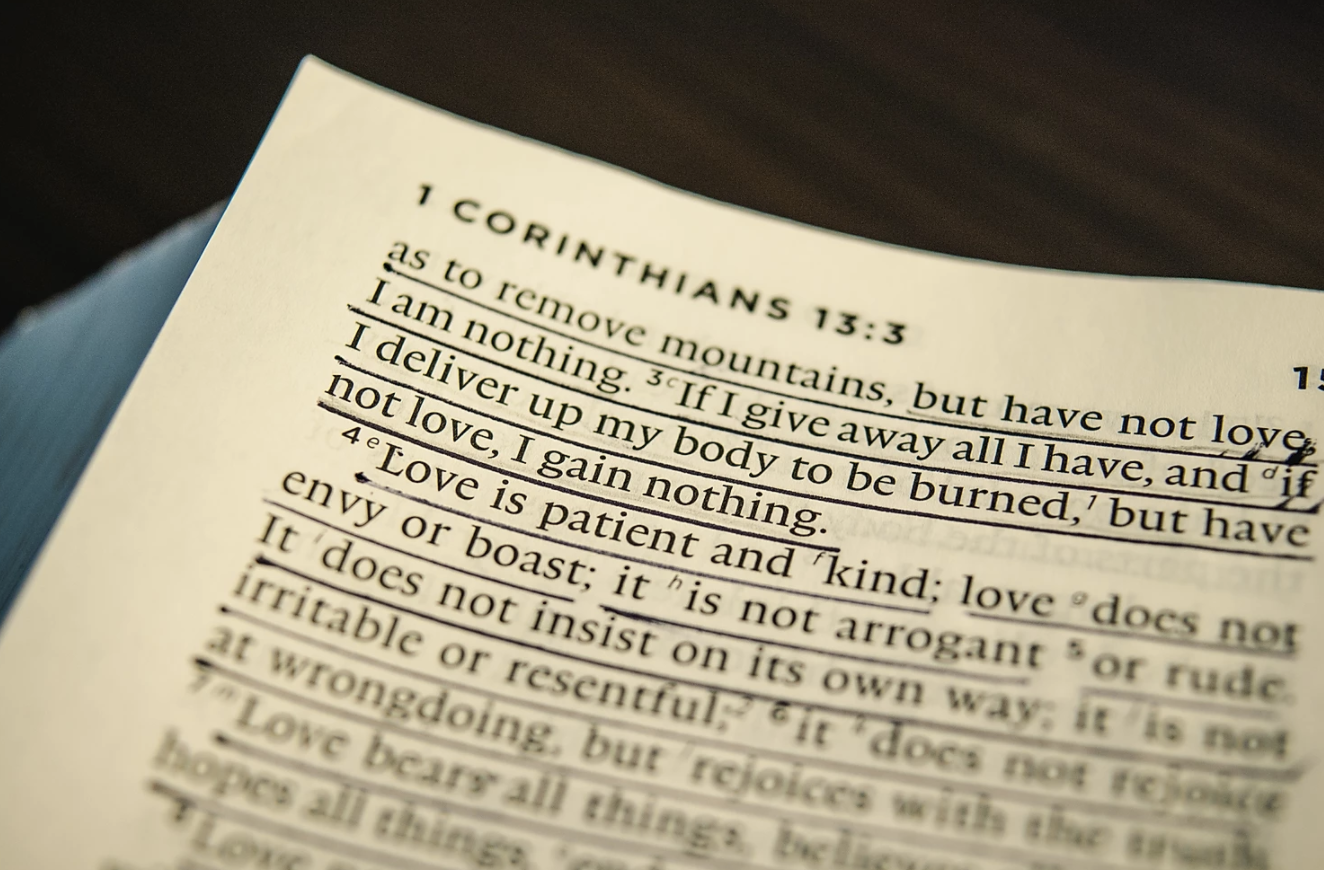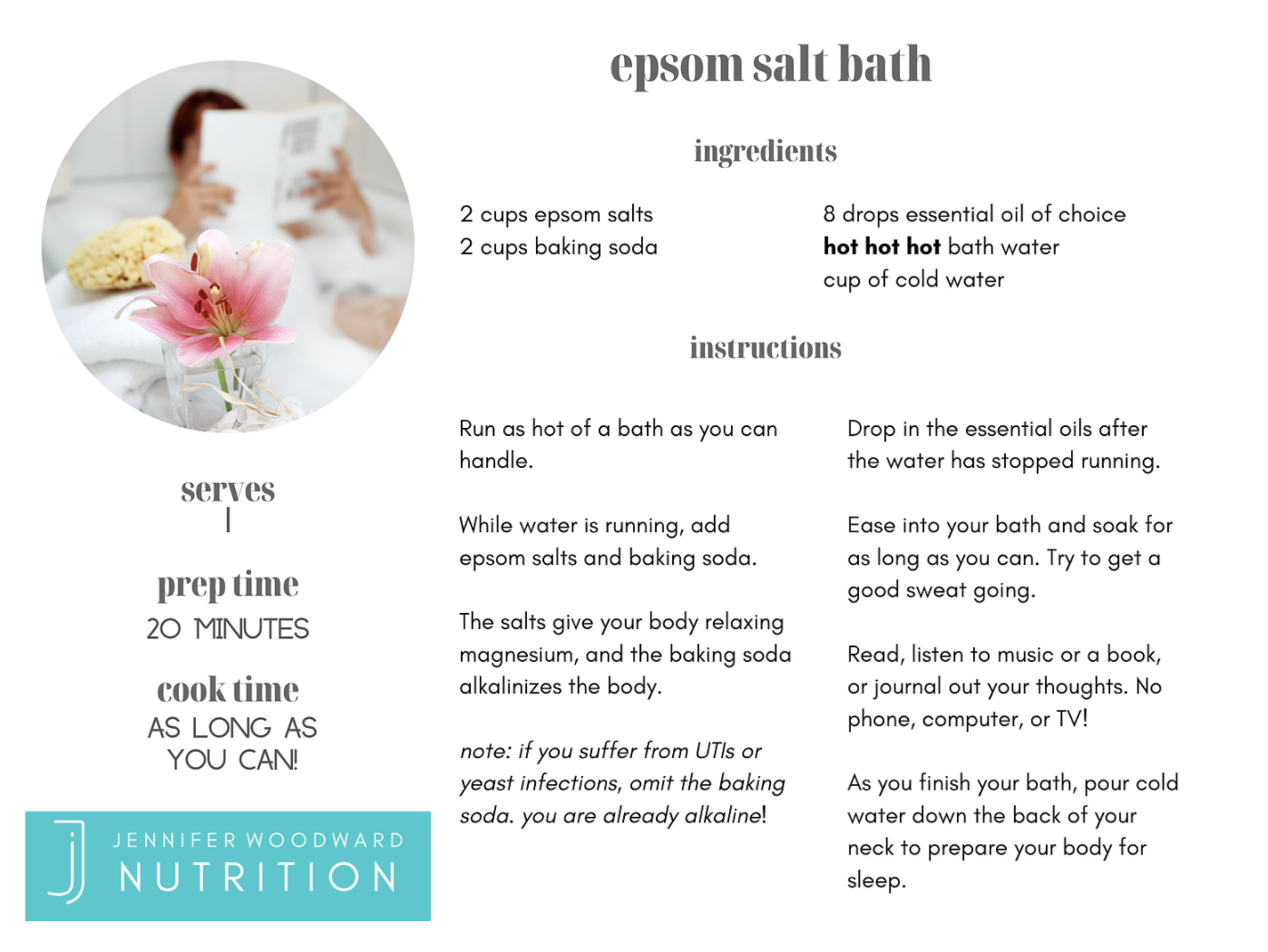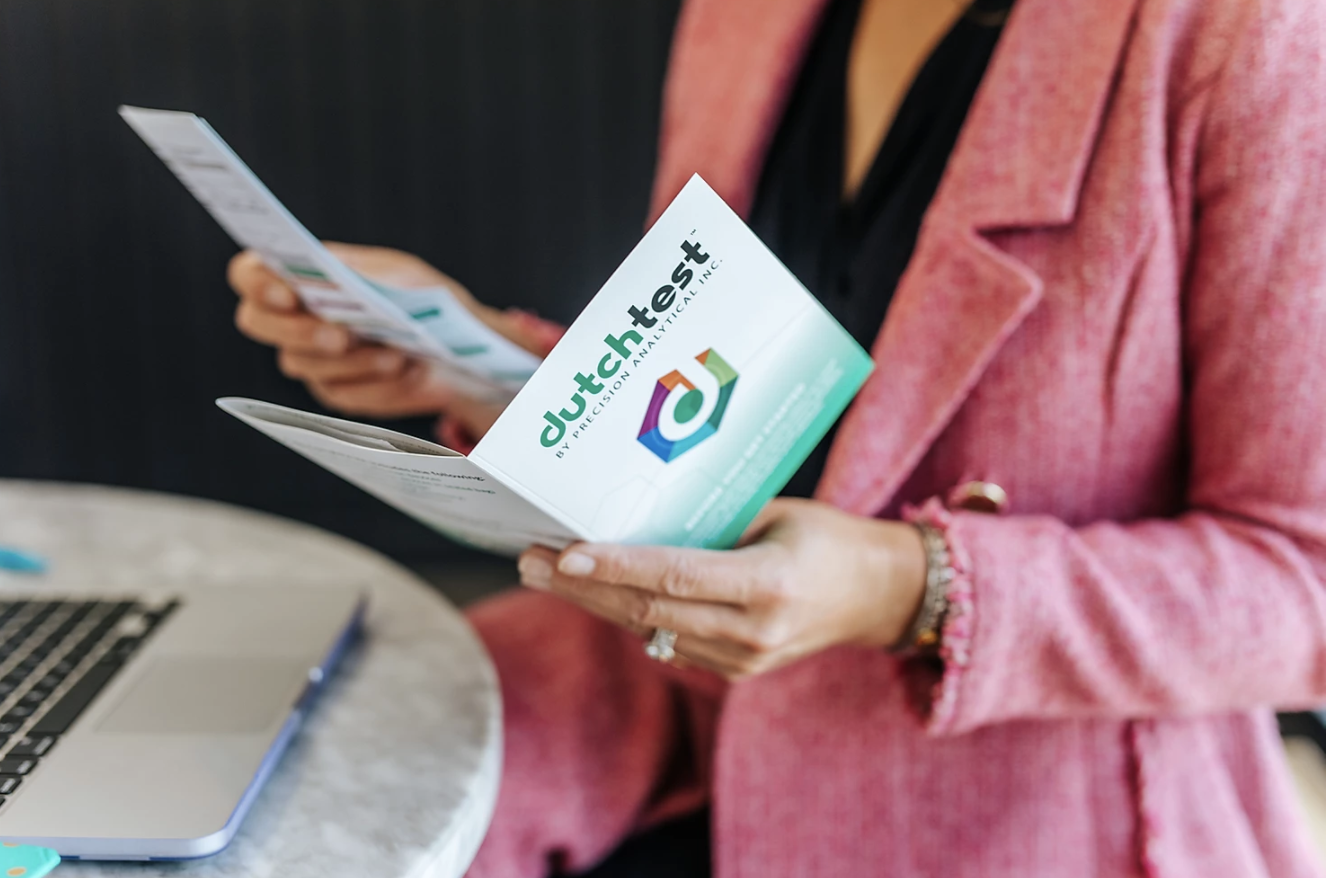Are you one of the over 90% of women who regularly suffer from PMS?
The most common symptoms of PMS, women report, are mood swings and irritability.
It’s common for my clients to say “I am not myself the week before my period”.
I have also had clients report things about their PMS week like,
- “I just want to run away and join the circus”. (Literally, I have had multiple clients say this to me.)
- “I can’t have a positive thought.”
- “I worry I am causing damage to my marriage.”
- “I’m not a good mom.”

Premenstrual Syndrome, or #PMS, does not have a medically defined definition. It’s more recognized as a group of symptoms. These symptoms include:
Physically
- Swollen or tender #breasts
- #Constipation or #diarrhea
- #Bloating or a gassy feeling
- #Cramping
- #Headache or backache
- Clumsiness
- Lower tolerance for noise or light
Emotionally/ Mentally
- #Irritability or hostile behavior
- Feeling #tired
- #Sleep problems (sleeping too much or too little)
- Appetite changes or food #cravings
- Trouble with concentration or memory
- Tension or #anxiety
- #Depression, feelings of sadness, or crying spells
- #Mood swings
- Less interest in #sex
Interestingly, it’s women in their 30s that are most likely to report suffering from PMS. After working with hundreds of women who suffer from PMS, I have observed that the third decade of life seems to be the most emotionally #unstable for women. This elevation of #stress affects the body and the #hormones.
In our teens, we are resilient and optimistic. We can get away with trashing our bodies, and we feel as though we are somewhat invincible.
In our 20s, we begin settle down. We finish school, start careers, get married, start having children, and nestle into our grown up lives. Hope in a robust future still abounds, and we still feel young and strong and ready for the curveballs that life throws at us.
In our 30s, many of us have had a dose of real life. We have experienced #birth and death, gain and loss, hope and hope deferred. We have gone through heartache and broken relationships. We begin to realize that work is hard, whether it is in the home or outside the home. Our babies turn into little humans and start to exhibit a sin nature that we simply cannot control. Our #libidos wane and we may feel further away from our husbands, like two ships passing in the night. Unnecessary activities dominate our calendar, and we push and push and push until we are run ragged. We are still trying to prove ourselves and our bodies begin to show signs of keeping this score.
No wonder we start to show signs of #hormonal #imbalance. We are mentally and physically exhausted.
I’ve been there and I never want to go back. As I studied to become an FDN, I had to run a series of five functional lab tests on myself (with the guidance of an experienced practitioner). I was kind of expecting glowing results, an affirmation of my “healthy” lifestyle. I ate few #carbohydrates, I exercised an hour a day, I participated in every school/ church/ children’s/ family activity that I could pack into my schedule, and I put a premium on what others thought of me (well, every other except my husband, who often regrettably got the emotional short end of the stick).
Guess what.
I had no #estrogen. No #progesterone. No #testosterone. And no #cortisol.
All of my important hormones had completely tanked. It took me a few weeks of depressedly processing this information as I slowly realized that
I had done this to myself.
In my quest to be a perfect #mom, #wife, and #Christian, I had nearly destroyed the delicate #balance of my body.
When I work with young moms now, I spend a lot of time trying to gently guide them away from the tyrannical shackles of perfectionism.
There is no pill that can fix your hormones.
There is no supplement that can fix your hormones.
There is no diet that can fix your hormones.
I am a reliable source. I have tried it all. And I mean, all. You don’t even know the weird crap I’ve subjected my body to.
So, as a practitioner, I try to approach hormone balance from a gentler point of view. You see, #gentleness is what the body actually responds to. It wants balance, and it wants to be #nourished. It wants consistency, and it wants kindness.
Kind of like what we want as #women.
This is why I hesitate to work with weight-loss-only clients. Pushing an overburdened, #stressed body to lose the weight that it has put on as a protective covering is an affront to a malnourished, exhausted body.
And this is why women with hormonal imbalance have a really hard time losing #weight. Oftentimes, they are too desperate and too #exhausted to be gentle with themselves, and weight loss become the god above all else.
When really, they just need a little bit of kindness, and gentleness, and nourishment.

The magic happens when you learn this about your body. I am still working on it, and am by no means perfect (I’ve since had to give up this elusive and ridiculous notion). I can’t fix you, but I can guide you, and that’s what I do. You can schedule a free call here if you want to explore this further by working with me one-on-one.
But you can also work on this yourself. I can help you with that, too. Here are seven easy ways to reverse PMS on your own.
1. Eat regular meals.
I have some clients who eat 5 times a day. I have some clients who eat two times a day. Whatever your preference and #bioindividual preference, make it regular. Don’t switch up your eating all of the time. Stop trying every single new diet. Please. As someone who has experimented with approximately 15,345 new diets, I can tell you that they work for a time, and then your body just gets confused. You lose 10 pounds, and put on 11.
In the course of working with all different types of women, I have found that women respond best to the following:
- lean protein
- lots of veggies, preferably cooked
- some fruit
- a daily small #treat

This means no keto. It means no strict vegan. It means balance. You’ll need a time of rest in between meals. For some types of hormonal imbalance (adrenal fatigue or dysregulated diurnal cortisol pattern), this means a natural fast of about 12 hours, like 7pm to 7am. For some types of hormonal imbalance (leptin resistance or insulin resistance), you can push the fast a few more hours.
Whatever you choose, stick with it. Make your primary objective nourishment, not punishment.
2. Get outside
Go outside. Stay there for 15 minutes or so. Wear little clothing. Leave your electronics inside. Think. Hum. Pray. Breathe.
When is the last time you did this regularly? Two hundred years ago, your female ancestor was outside for much of the day. Our contemporary counterparts who live an ancestral lifestyle have no idea what PMS is.
These cultures wake and rest with the cycles of the #sun. They are outside much of the day, creating #Vitamin D and releasing inflammatory #positive ions.
Yup. Low Vitamin D is definitely an associated factor with bad PMS.
3. Turn off your brain
How often do you disengage from the hamster wheel of your thought life? How obsessed are you with your own thoughts? Without a conscious effort to stop your thought train, you may spiral deeper and deeper into the anxiety and depression that are associated with PMS.
You can stop the train by redirecting your brain. You’re not too busy to start a good book. I am still always a little in love with the Mitford Series and the genre of gentle fiction (the best name for a genre ever!)

I don’t mind something a little more intense or educational most days, but when I am PMS-ing, my brain needs a warm and #gentle #hug. This will help.
Going for a walk, reading or listening to your #Bible (the Psalms are especially comforting!) practicing alternate nostril breathing, or playing a game with your kids or SO will help turn off your brain’s obsessive thoughts. Basically, stop spending too much time with yourself for the time being.
4. Drink flowery tea
Not just any flowers, though.
Chamomile tea is actually used for treatment of generalized anxiety disorder.

Passionflower is also “an effective drug for the management of generalized anxietydisorder, and the low incidence of impairment of job performance“.

Hibiscus has anti-depressant effects.

These three clinically-studied herbs are very helpful for managing the stress, anxiety and depression that comes along with your PMS week.
Sip a bag or two throughout the day with a spot of honey. Warm, sweet foods are comforting during the physical and mental stress of PMS.
5. Get physical
The body truly keeps the score. If you are feeling pent-up, overwhelmed, and frustrated, your body is feeling the same way.
And if you’re like most women, you tend to stuff down your emotions. Nobody has time to feel sad, disappointed, pensive, or grieved. So we instead feel irritable, grumpy, anxious, and depressed. Can you tell the difference?
To relieve the stress hormones that increase your feelings of irritability, get some physical activity. A simple walk outside will do you a world of good, but if you need more than that, I recommend a good punching session.
I’ll often have clients who have gone through trauma (and who are also under the watchful care of a mental health professional) begin to implement pillow punching.
It is what it sounds like.
Put on some headphones with whatever music suits your aggression session, go into a room and close the door, and beat the crap out of some pillows for 4-5 minutes. Get sweaty, get angry, get cathartic, and get some relief. Punch whoever and whatever you want (metaphorically, of course- you’re punching the pillow!)

If you have a real punching bag, all the better. Hit it hard. You’ll be surprised at how much better you feel after these daily sessions.
6. Take a bath
This is my favorite trick. It rapidly becomes my clients’ favorite trick too. We all think we are too busy to take a bath every night. Certainly at this moment (currently under stay at home orders due to COVID-19), you’ve got time to take a bath. Start training yourself to relax a little each day. If your child was overstressed and overstimulated, wouldn’t you follow many of the principles included in this list naturally as you care for that little one? What is more soothing to a child than a warm and gentle bubble bath with Mama cooing a song and soaping up the back? Treat yourself the same way.
Magnesium is a relaxing mineral and will truly bring physical peace to your body. Start today.

7. Consider further testing
If you implement all of the self-directed principles shown here but you are still struggling, we can run some testing to get to the bottom of your health concerns.
For hormonal issues, no test beats the #DUTCH test. I love this at-home urine panel. If gives us a beautiful 24 hour picture of what is going on with all of the hormones that could be affecting your PMS- estrogen, progesterone, testosterone, cortisol, melatonin, DHEA, and pregnenolone.

The cost of the test is generally out of pocket as it is a functional lab. It is $250. A one- hour Results and Recommendations session with me can be found here. We will spend an hour going over your medical history and every facet of the test, and you’ll leave with a personalized plan of how to combat your PMS, starting immediately. I am working via telehealth for the foreseeable future, and I am loving it.
I generally discourage the one hour session as there is little progress that can be made in a single month.
It’s worth it to invest in a three month package. We can take our time and tweak things here and there and dig deep into your health. In my Basic Package, you have access to me every single day and we meet weekly to help you feel accountable and encouraged.
So that’s the list. There are six out of seven things you can do all by yourself. Start today to make your next PMS week the best one yet. Oftentimes, my clients will tell me that they are surprised when their periods come as their PMS was completely unnoticeable.
That’s a win in my book.
How is your PMS? Which tip are you most excited to implement? Let me know!






